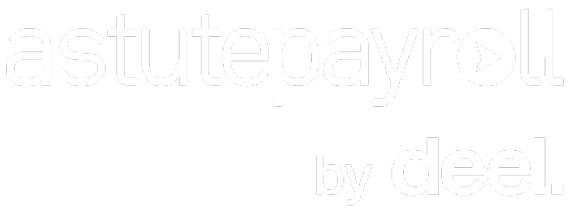What are Search Results?
When you type a query into a search engine like Google, the information that appears on the page after you hit “search” is called a search result. These results are a mix of web pages, images, videos, and other content that the search engine deems most relevant to your query.
Each search result typically includes a title, a brief description (meta description), and a URL, helping users decide which link to click on. Depending on the query, search results can also feature extra elements like featured snippets, local map results, images, or shopping options. These extra results can stand out visually and give users an answer at a glance
For more detailed info, check out our description about Search Engine Results Pages!
Why are Search Results Important?
Search results are important not only because they connect users with the information they’re looking for, but they also play a key role in driving traffic to websites. When your website appears in search results, especially on the first page, it has a higher chance of being clicked on by users. This can lead to more visitors, potential customers, and better brand visibility.
Ultimately, search results are an opportunity for blogs and businesses to reach the people who are actively searching for what they have to offer.
Best Practices To Keep In Mind
While no strategy is one-size-fits-all when it comes to optimizing for search results, there are several best practices you can implement to enhance your visibility and relevance.
- Focus on Quality Content: Create valuable, informative, and engaging content that answers users’ questions.
- Understand User Intent: Tailor your content to meet the different types of search intent—informational, navigational, transactional, and commercial. Knowing what users are looking for can help you provide the right answers.
- Optimise For The Right Keywords: Conduct keyword research to find relevant terms that your target audience is searching for. Be sure to naturally integrate these keywords into your content, titles, and meta descriptions. But don’t over use them – Google sees this as a no no!
- Build Quality Backlinks: Aim to get backlinks from trusted sources in your industry. As one of the major ranking signals, a good backlink profile can improve your both your website’s authority and search ranking.
- Optimise Your Internal Links: By creating a well-structured internal linking strategy you can help search engines understand the hierarchy of your content. Linking related articles and pages within your site, not only improves navigation for users but also distributes page authority, helping other pages rank better.










